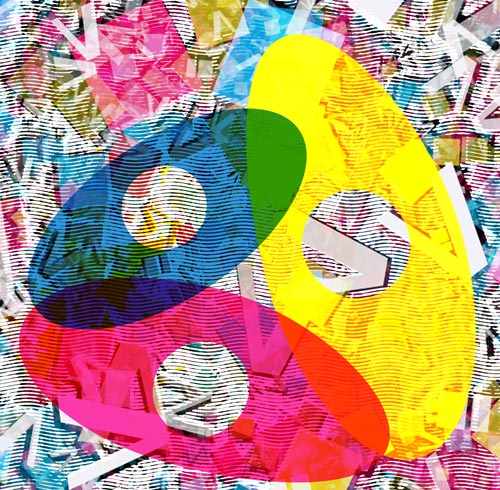Last month, my colleague Eve Dickson and a team of co-researchers, who have lived experience of the asylum system and with whom we have worked collaboratively, shared their reflections on what it is like to live on the meagre allowance that people in the asylum system are given. In our recently launched online gallery, they offer glimpses into the experience of living in asylum accommodation in Yorkshire, England, which has been the focus of our case-study on the Solidarities project.
A recurring theme in our research has been the lack of dignity that people in the asylum system in the UK are afforded. The asylum accommodation system is highly centralised and complex, and people in asylum dispersal housing have told us they feel they are not being listened to simply because they are asylum seekers. As one of our co-researchers said: ‘Asylum seekers are human, they are not a statistic…you ring Migrant Help*, they want a number, a reference number….no, I’m Ollie, I am a face before I am a number, I am not a statistic.’ Co-researchers Faith and Sanaa El-Khatib write here about the dehumanising effects of labelling on people in the asylum system.
By Faith and Sanaa El-Khatib
My name is not ‘asylum seeker’
My name is not ‘asylum seeker’. Yes, being an ‘asylum seeker’ is a part of me, but I’m more than that. I am a mother, a daughter, a sister, and a friend. Society labels asylum seekers as if we are different, as if we don’t belong. Yes, we are different. We are stronger than everyone else. The sacrifices we make on a daily basis are unimaginable. But have you ever wondered why people are seeking asylum, why are people leaving their country? Everyone has their own dark, upsetting reason to flee their country. But, it’s starting to seem as if asylum seekers are less than humans.
We are people. We have rights. So, respect and feel for us. Welcome us and call us by our names, because my name is not ‘asylum seeker’.
A few weeks ago, we welcomed a giant puppet girl who has walked from Syria across many countries and borders to arrive in Manchester, a place she would call home. I had an opportunity to go and see her. It was beautiful. People were happy – they talked to her, caressed her, took photos of her, called her by her name: Little Amal, meaning hope.
In the midst of the excitement, reality dawned on me. Everyone called Amal, the giant puppet girl, by her name. People were not so much concerned about where she had been, where she came from, how she came – ‘illegal’ or ‘legal’ – whose space was she going to occupy. All they wanted to do was embrace her and give her hope, the meaning of her name. Yet, so many people who have walked the same journey as Amal, for one reason or another, have found that the society is not so welcoming to them. Instead of being called by their names, they are referred to as ‘asylum seekers’, in ways that seem to mean job-taker, space-taker. And that’s how people identified them. Are these people just mere asylum seekers? No, they have names too. They have an identity, better than the one they are being associated with. Pause.
If we hear the words ‘asylum seekers’, what comes to our mind? Poverty, uneducated, less worthy, undeserving. Is that really the identity of people who have claimed sanctuary? Some have talents, some have skills, but are looking for a sound home. A place of peace, far from war. Let’s come together in solidarity and start calling sanctuary seekers by their names. Why? Because I am not, we are not, they are not just ‘asylum seekers’, they have names too.
*Migrant Help is a charity that has been contracted by the Home Office to provide a telephone helpline for people in the asylum system.

